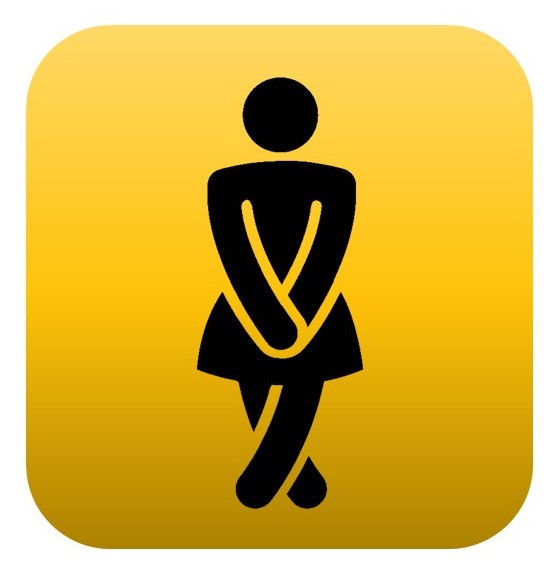Investigating older womens experiences of urinary incontinence during hospital admissions using a three phase mixed method design

Why is it important?
Over a third of older women (55 years and older) report experiencing difficulty with their urinary continence in normally daily life. This occurs to different degrees of severity. Urinary incontinence (UI) can lead to a reduction in a women’s quality of life, reduced psychological health, lack of confidence, feeling of reduced sexuality and societal exclusion. Some women report feeling embarrassment and a sense of taboo related to their continence issues and may not seek help or discuss the matter with others including their partners.
The majority of UI research is in community rather than secondary care settings and in community populations UI is not reportedly linked with early death or worsening health. Currently it is not clear how many older women experience UI during a hospital admission or which disease areas, or clinical problems increase the likelihood of them experiencing UI. We also do not know whether there is a link between UI and early death or health problems (e.g. frailty or pressure ulcers) for these women. There is also a lack of understanding regarding secondary care nurses views, knowledge and perceptions of UI in older women and how they manage and deliver related care. The U-INconti project aims to fill in the gaps in our knowledge of these important issues, leading to future development of educational material to support nurses delivering care to these women.
What are we hoping to achieve?
Based on an evaluation of self-management, women’s experiences and the expertise of healthcare professionals working in the field, our team (Fu et.al. 2020) previously produced a self-management guide to support older women with managing their UI. U-INconti study will find out if this booklet may be suitable to adapt as an education resource for adult general nurses caring for patients within a secondary care in-patient setting.
Traditionally education related to UI for secondary care nurses has been minimal. There are frequent missed opportunities for nurses to discuss the problem with women and offer support, sign posting to resources and help.Educating these nurses to build their confidence and provide them with information could improve the lives of women who may not previously have thought to seek help or put in place self- management techniques.
References:
Yu Fu, Y., Nelson, E.A, McGowan, L. (2019) Multifaceted self-management interventions for older women with urinary incontinence: a systematic review and narrative synthesis. BMJ Open. December 01, 2019 https://bmjopen.bmj.com/content/9/8/e028626
Fu, Y., Nelson, E.A., McGowan, L. An evidence-based self-management package for urinary incontinence in older women: a mixed methods feasibility study. BMC Urology. 2020. 20:43. https://doi.org/10.1186/s12894-020-00603-8
